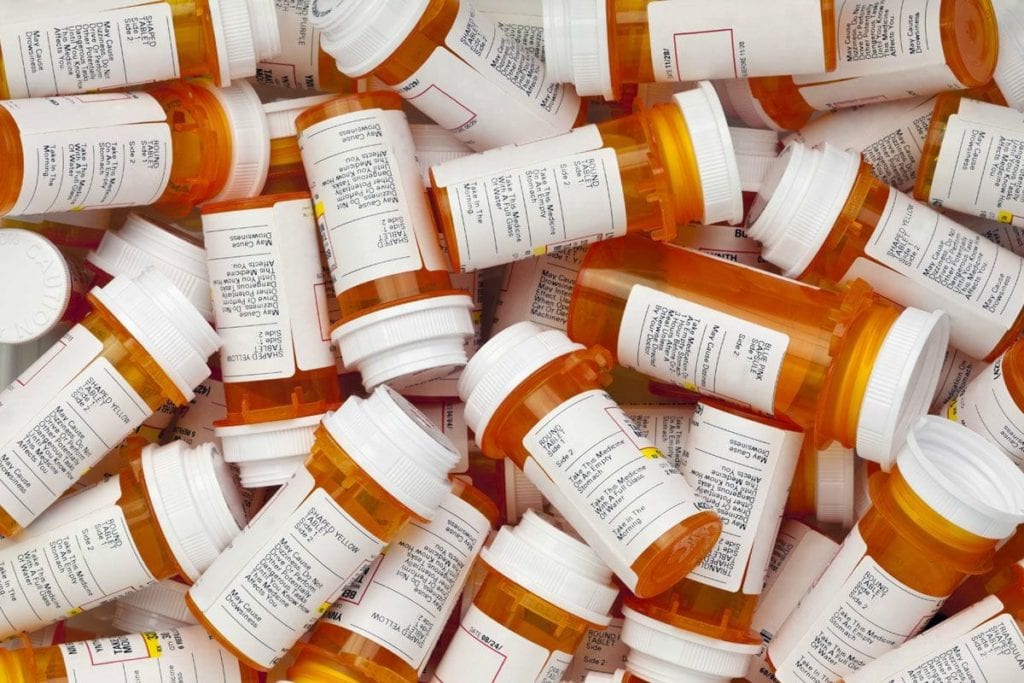Pennsylvania is facing a deadly problem: an opioid epidemic. Opioids, which include heroin and prescription painkillers, are responsible for numerous overdose deaths throughout the state and the country. Detox facilities in PA are available to help those who are ready to beat their personal addiction, but not everyone is ready to take that step. Until more people enter detox facilities in PA, police officers and EMTs will continue to be called to assist unresponsive individuals who have overdosed on opioids. The government of Pennsylvania has identified a few stop-gap measures that may help in the meantime.
How Did PA’s Opioid Epidemic Start?
The opioid epidemic involves two main culprits: prescription painkillers and heroin. Of the two, prescription painkillers are more expensive but are easier to get. They are also how most people get hooked on opioids. Usually, it starts by accident. Opioid pain pills are commonly prescribed after a patient has a major surgery or for patients suffering from chronic diseases that cause dreadful amounts of lingering pain. Opioids have a high potential for addiction, and without careful monitoring, it’s possible to become addicted. If, for example, you currently take pain pills for a surgery and you “know it is time for your dose” because the pain comes back in unbearable waves, you could legitimately be in pain from your surgery, or your body could instead be experiencing opioid withdrawal. It’s hard to tell the difference. Before you realize it, you’re addicted. The pain receptors in your body have been affected by the opioids and your joints, muscles, head and even digestive system all feel terrible until you can take the next dose. The opioids are extremely effective at taking away the pain and making you feel good. But sometimes the dose that was once effective no longer does the trick. This is a sign that your body has built up a tolerance. Your body might need more of the opioid pills to make the pain go away, but the higher dosage puts you at a severe risk of an overdose.
Naloxone Saves Lives
Overdose can mean death in a matter of minutes. But there is a lifesaving drug called Naloxone that stops the opioids from binding to the receptors in your brain. It is a breath of life, and a harm-reduction method that the government of Pennsylvania is making more readily available. If you are the friend or family member of someone who is addicted to opioids, you can get a prescription for Naloxone from your doctor or by using the standard order (a prescription written by PA’s physician general that anyone can use at any pharmacy). Naloxone is a safety tool. If you do not have Naloxone on hand and your loved one overdoses, he or she could easily die. Often, such a near-death experience is a wake-up call to get help at detox facilities in PA. Police officers and EMTs are also being equipped with Naloxone. Without it, there is little they can do to assist an unresponsive individual who has overdosed on opioids.
Other Useful Programs in PA
Opioid addiction can affect anyone. Although pain pills are often the cause of the addiction, many people switch to heroin as their drug of choice because it is less expensive. Heroin use comes with new dangers, however, including the risk of hepatitis or HIV due to unsterilized needles. There are a few needle exchange programs in PA that allow individuals to exchange dirty needles for clean ones to reduce their risk of infectious disease until they can check into detox facilities in PA. Finally, there is a government-sponsored drug takeback program that helps you safely dispose of any leftover prescription opioids before they are stolen and sold or simply discovered in the trash. Despite all of these safety measures, the government’s fundamental message is for addicted individuals to seek immediate help at detox facilities in PA. There is no better way to overcome a powerful addiction.
Resources
https://www.pa.gov/collections/opioid-epidemic/

